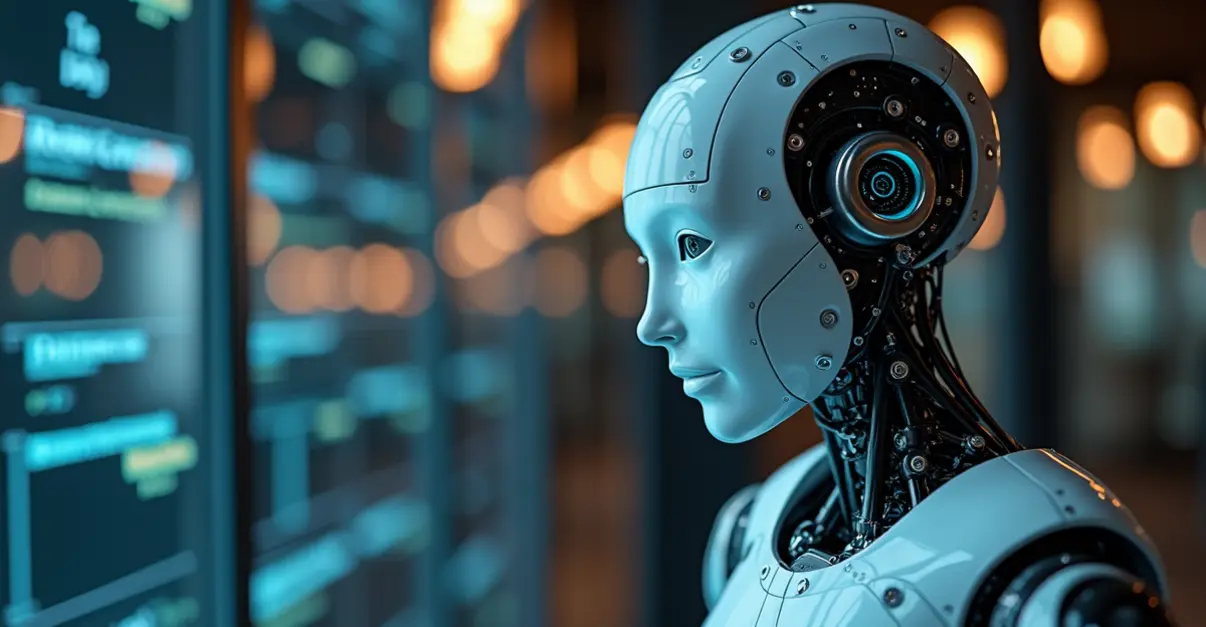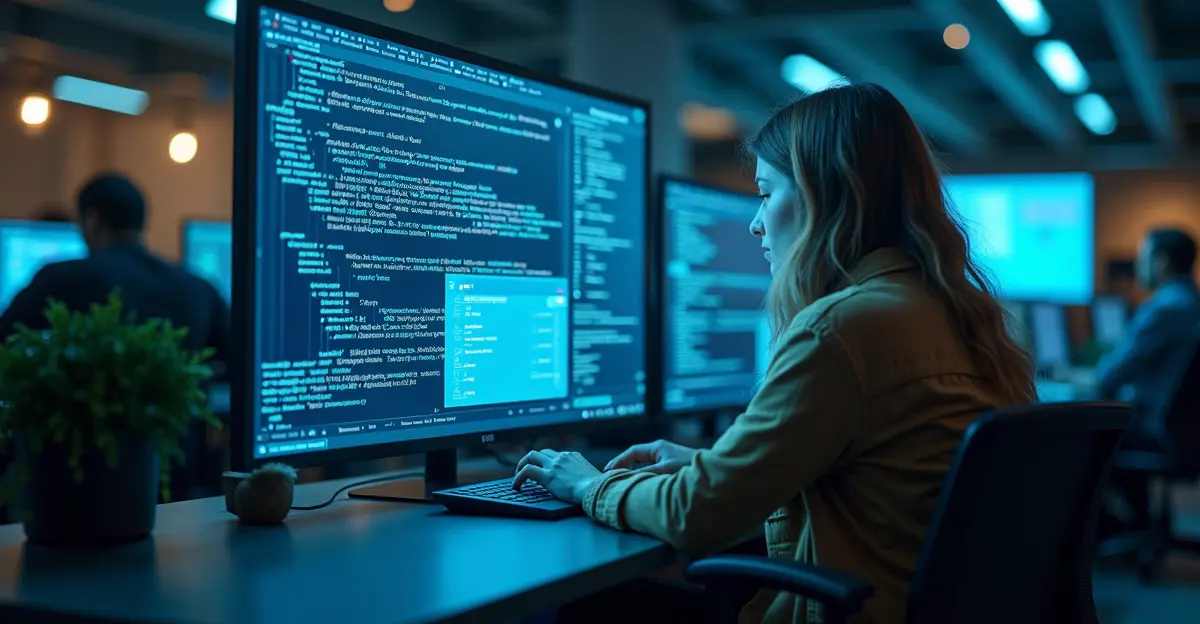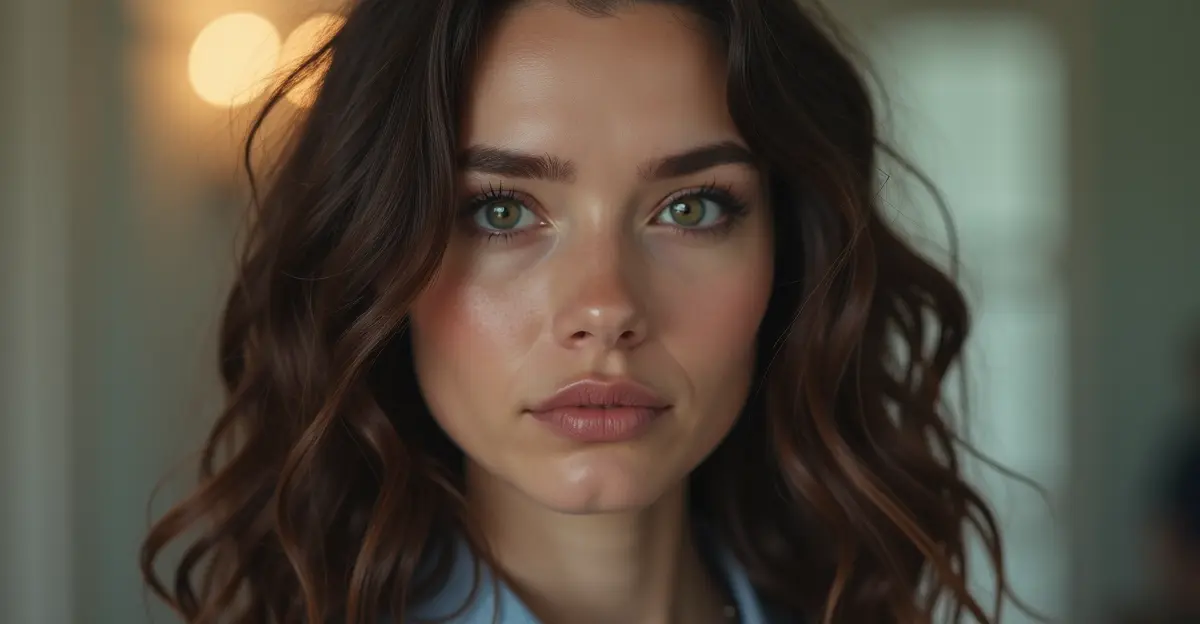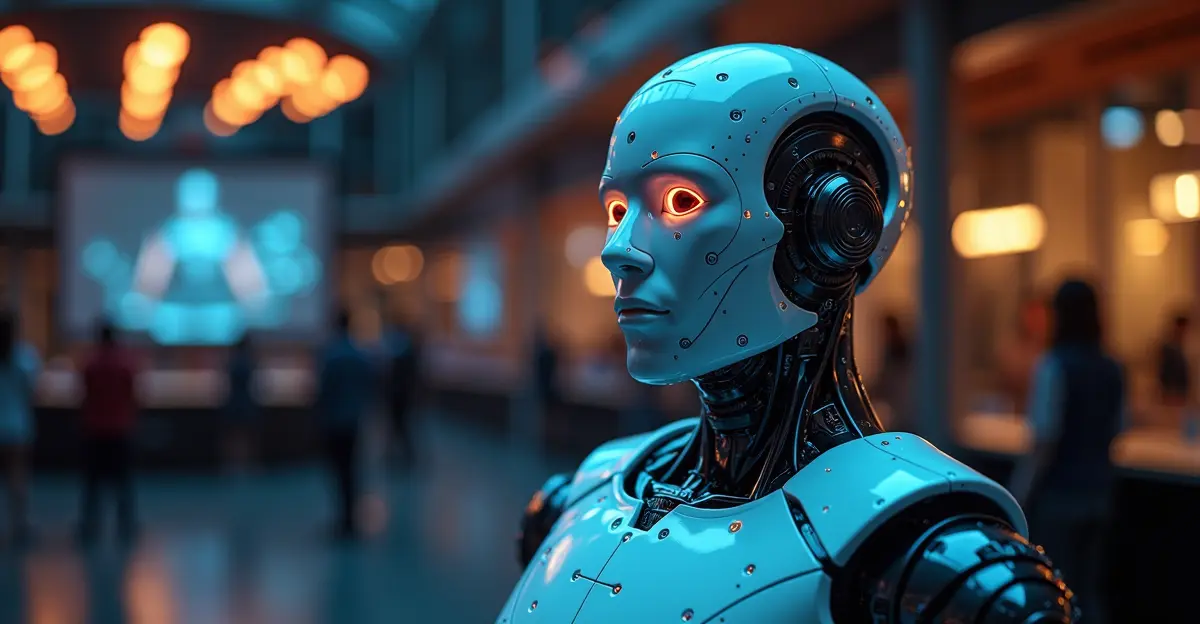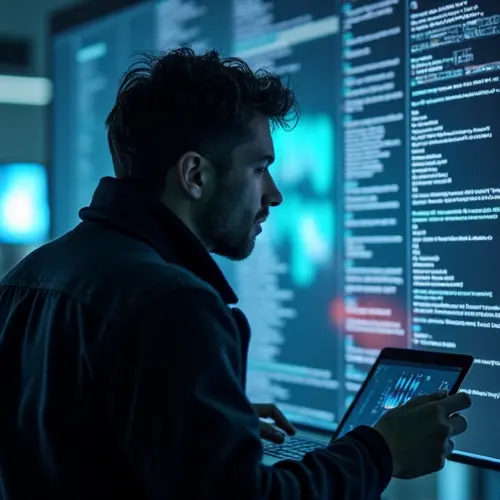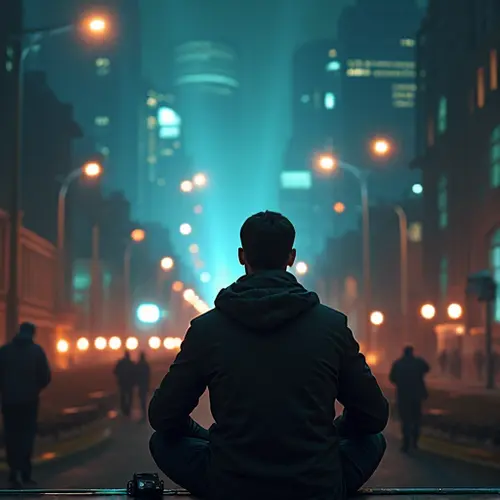Robin Williams' daughter Zelda condemns AI-generated videos of her late father, calling them 'disgusting' and against his wishes. The controversy highlights ethical concerns about AI recreations of deceased celebrities.
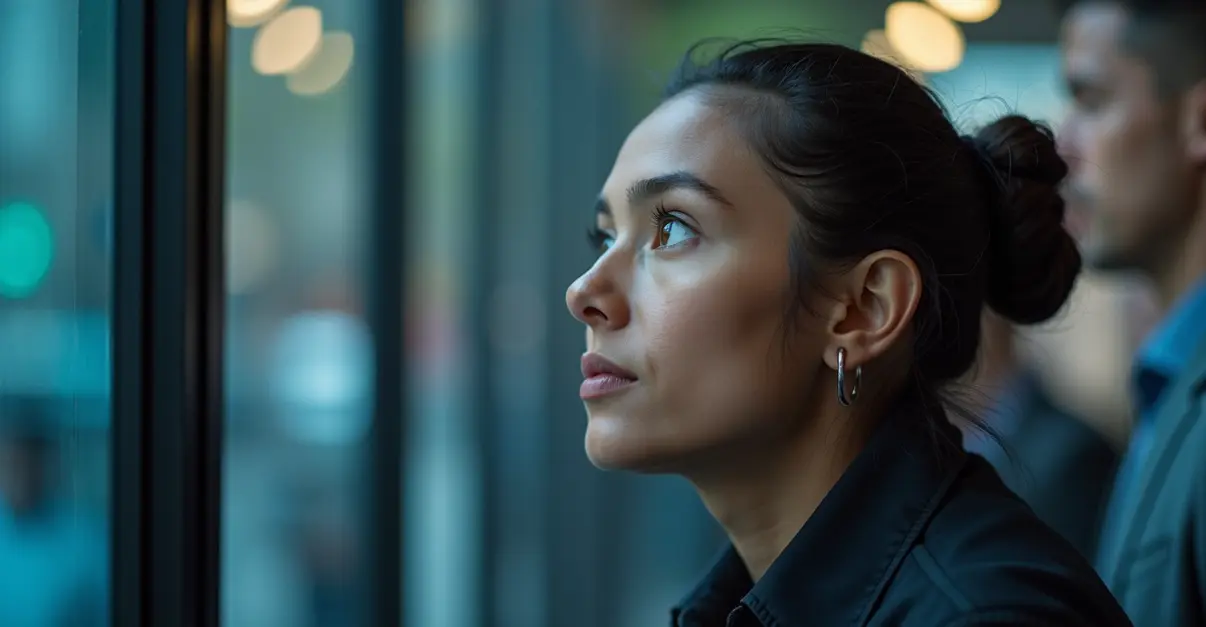
Zelda Williams' Emotional Plea Against AI-Generated Content
Zelda Williams, the 36-year-old daughter of legendary comedian Robin Williams, has made an impassioned plea on social media asking fans to stop sending her AI-generated videos of her late father. In a heartfelt Instagram story posted this week, Williams described the practice as 'disgusting' and 'a waste of time and energy', emphasizing that creating digital replicas of her father goes against his wishes and legacy.
The Rise of AI Video Generation Technology
The controversy comes amid the recent launch of OpenAI's Sora 2 video generator, which has made creating realistic AI videos accessible to the general public. The platform's capabilities have led to a flood of content featuring deceased celebrities, including Robin Williams appearing in fake game shows and award ceremonies alongside other late stars like Betty White.
'Over-Processed Hotdogs of Human Lives'
Williams didn't mince words in her criticism, calling the AI creations 'over-processed hotdogs out of the lives of human beings' and 'horrible TikTok slop'. She expressed frustration that real people's legacies are being reduced to 'this looks somewhat like them, so that's good enough' just to create viral content.
'You're not making art,' she wrote. 'You're making disgusting, over-processed hotdogs of people's lives, of history, art, and music. And then you're shoving them down someone else's throat, hoping for a thumbs up. Disgusting.'
Legal and Ethical Implications
The situation highlights growing concerns about AI technology and digital replicas of deceased individuals. According to legal experts, existing intellectual property laws struggle to keep pace with rapidly evolving AI capabilities. The U.S. Congress has recently reintroduced the NO FAKES Act, which aims to establish federal protections against unauthorized deepfakes and digital replicas.
Family Legacy and Artistic Integrity
Zelda Williams, who followed in her father's footsteps as an actress and director, has been consistent in her opposition to AI recreations of her father. This isn't the first time she's spoken out - she previously advocated against AI in entertainment during the 2023 SAG-WGA strike, expressing concern about AI being used to replicate his voice.
Robin Williams, who died by suicide in 2014 at age 63, was one of Hollywood's most beloved comedians and actors. According to his Wikipedia biography, he won an Academy Award for Good Will Hunting and was nominated for his roles in Good Morning, Vietnam, Dead Poets Society, and The Fisher King. His most famous films include Mrs. Doubtfire, Aladdin, and Jumanji.
Broader Industry Concerns
The issue extends beyond the Williams family. Many actors and celebrities have expressed concerns about AI technology threatening their livelihoods and artistic integrity. As global regulations struggle to keep up with technological advances, countries like Denmark have amended copyright laws to treat a person's likeness as intellectual property, while China has implemented mandatory AI content labeling requirements.
Williams concluded her message with a powerful statement about the nature of AI: 'AI is nothing more than badly recycling and regurgitating the past.' Her emotional plea has sparked important conversations about consent, legacy, and the ethical boundaries of artificial intelligence in entertainment and beyond.

 Nederlands
Nederlands
 English
English
 Deutsch
Deutsch
 Français
Français
 Español
Español
 Português
Português




